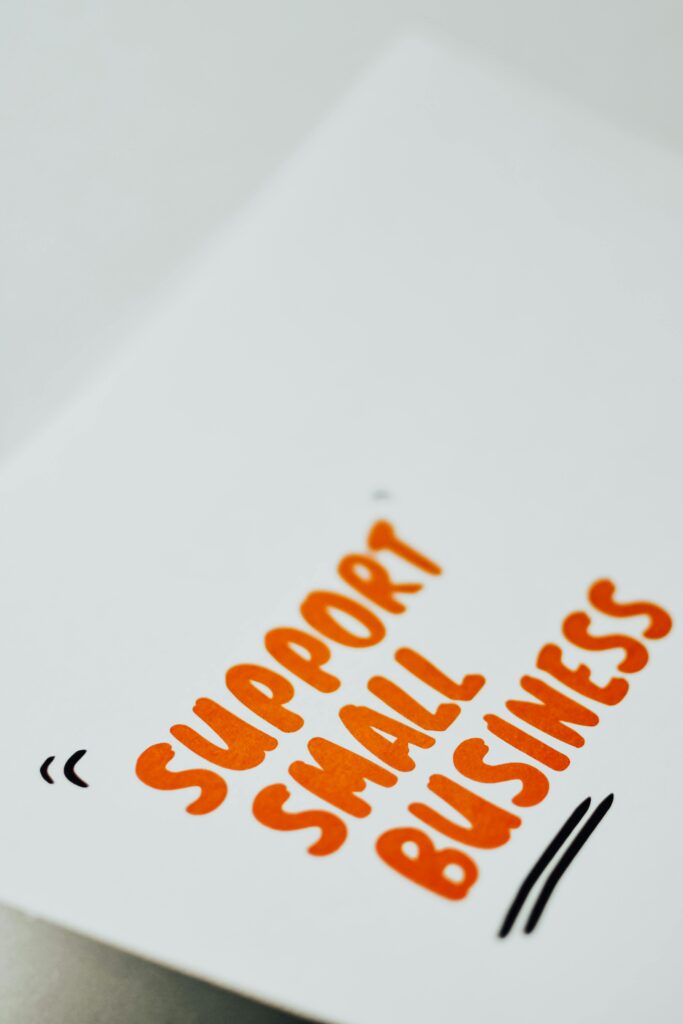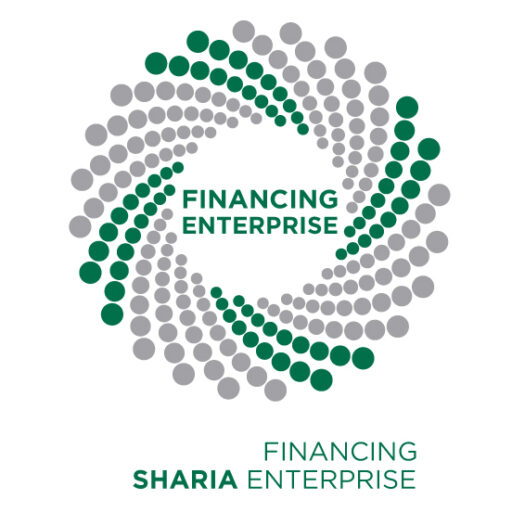
What is Sharia Finance?
“You don’t pay interest” will be a common response when someone is asked for their understanding of what Sharia-compliant finance means. It is perfectly true that Sharia does not allow for the charging of interest (whether called that or by a less emotive term such as “finance charge”), but it does not mean that the entity providing the finance isn’t entitled to earn a return on their investments.
Although the interdict on interest on loans is central to Sharia law on finance, there is much more to Islamic banking than that. For example, there is a requirement on those who make a profit through business to contribute towards those less well off, and the need to strive for a more equitable distribution of income and wealth and increase equity participation in the economy. Sharia principles on finance integrate a social justice ethos into the regulation of economic and financial relationships.
These principles are not exclusive to Islam, and our Sharia-compliant fund is similarly not limited to any particular religious or ethnic group. Like all our funding programmes it is open to all nationalities provided they have the right to work and live in the UK (for detailed guidance see the terms and conditions on the Start Up Loans programme website).
Types of Finance
There are various forms of financing that may take place under Sharia finance principles, within the context of an ethical fund that promotes financial inclusion. The main ones are:
Mudarabah: This is the form of finance currently offered by Financing Sharia Enterprise and is described later.
Ijara or Leasing System: This is a leasing agreement where the provider of capital buys capital equipment and leases it to its customers.
Musharaka: This is financing through equity participation between various organisations, shareholders or partners. The partners use their capital through a joint venture or a limited partnership in order to generate a profit.
Murabaha (Cost plus profit): This is usually where a Shariah compliant physical commodity is traded, with a bank financing the purchase of an asset by buying it and selling it to the client for a profit.


Our Product
The current method of finance offered by Financing Sharia Enterprise is known as Mudarabah.
Mudarabah is a mechanism by which capital and labour are brought together to achieve a harmonious and profitable end. It means the capital provider is providing backing to an entrepreneur possessed of specific skills and ideas needed to run a profitable business. The capital provider (rabb-ul-mal) may invest through the entrepreneur (mudarib) needing the start-up funds.
Islam clearly states that capital as a factor of production deserves to be rewarded if the business is successful. It allows the owners of capital a share in the surplus, though the amount of surplus is uncertain and there is an element of risk involved. In the context of Sharia, investors cannot demand a fixed rate of return for their investment, and for this reason every case is examined by our Sharia Advisor to ensure it is eligible, and to oversee the calculation of Mudarabah Capital repayments and distribution of share of profit.
An example
As indicated, the funding provided by Financing Sharia Enterprise is an investment, and the structure therefore differs from a conventional, interest-bearing loan.
The percentage of profit distribution between the parties will be agreed at the time an offer of finance is made. This may be 90% for the capital provider and 10% for the Mudarib. If our share of the profit exceeds the equivalent of a 6.2% return on our capital investment, we will give back the remainder amount to the Mudarib as an incentive for good performance of the business. To simplify matters, the payment is made as a single transaction, i.e. we will take a fixed amount on “account” as a single monthly payment and adjust it once the enterprise makes a profit against our share of the profit.
As it is acceptable for the entrepreneur to pay us a fixed amount in advance “on account” of distribution, we will ask the Mudarib that the first payment will be taken one month after the drawdown of the investment. At the same time part of the capital is repaid. So if repayment is scheduled over 60 months on an investment of £12,000, one sixtieth of the capital (£200) will be payable, together with the profit-sharing due. This will start at £62, meaning the total payment will be £262, but the payment will go down over the life of the investment, as capital is gradually repaid.

